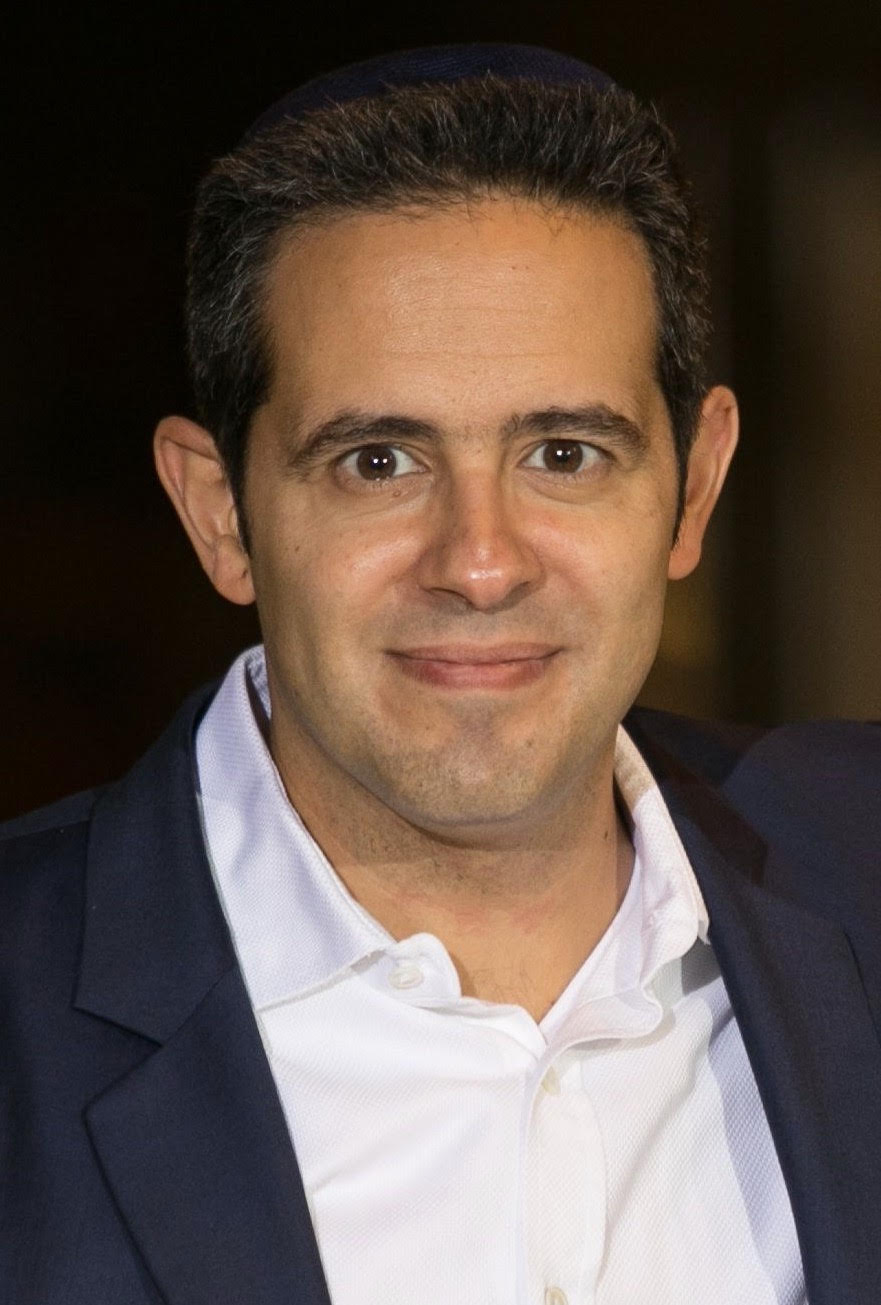The Abraham Accords have brought together former foes, created an opportunity for regional growth, and may yet bring the ultimate prize: Middle East peace
The historic peace accord signed between Israel and the United Arab Emirates last month is already paying dividends.
Large corporations from both countries are establishing joint ventures and negotiating collaborative agreements. One example: the UAE’s Dubai Ports World, one of the world’s largest port operators, has signed an agreement with Israel’s DoverTower to buy a stake in the privatization of Haifa Port, Israel’s largest by cargo tonnage.
But the possibilities extend beyond freight and trade. Strategic collaborations across the financial services sector and the biotechnology space are two more areas where businesses from the UAE and Israeli expect to benefit from the Abraham Accords, explains Ran Hamou, managing partner at France-based firm Everlaw.
“Each year, many Israeli startups are sold to foreign investors instead of developing their businesses to become major players,” he says. “And UAE funds invest in many foreign companies around the world.”
However, there are very few UAE companies that operate at the global level, Hamou added. “If a UAE-Israel consortium were able to invest, such a group could [pursue business opportunities] across the entire European Union, and become a major player in that part of the world.”

Ran Hamou, Everlaw managing partner. (Courtesy Straight Street Media)
The banking sector, where Israeli is a global leader in cybersecurity, is another industry where it may be able to assist counterparts in the six Gulf Cooperation Council nations (the UAE, Bahrain, Kuwait, Oman, Qatar and Saudi Arabia).


